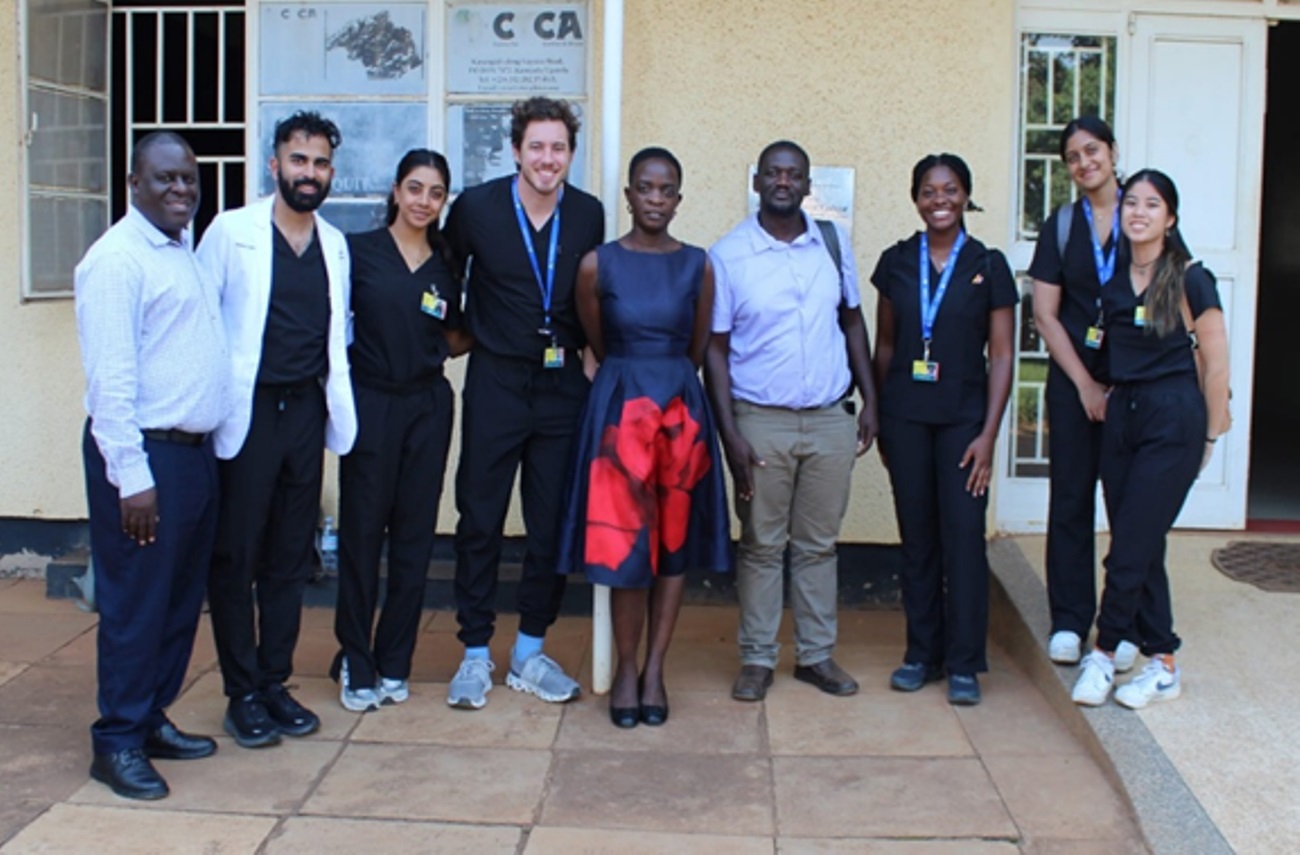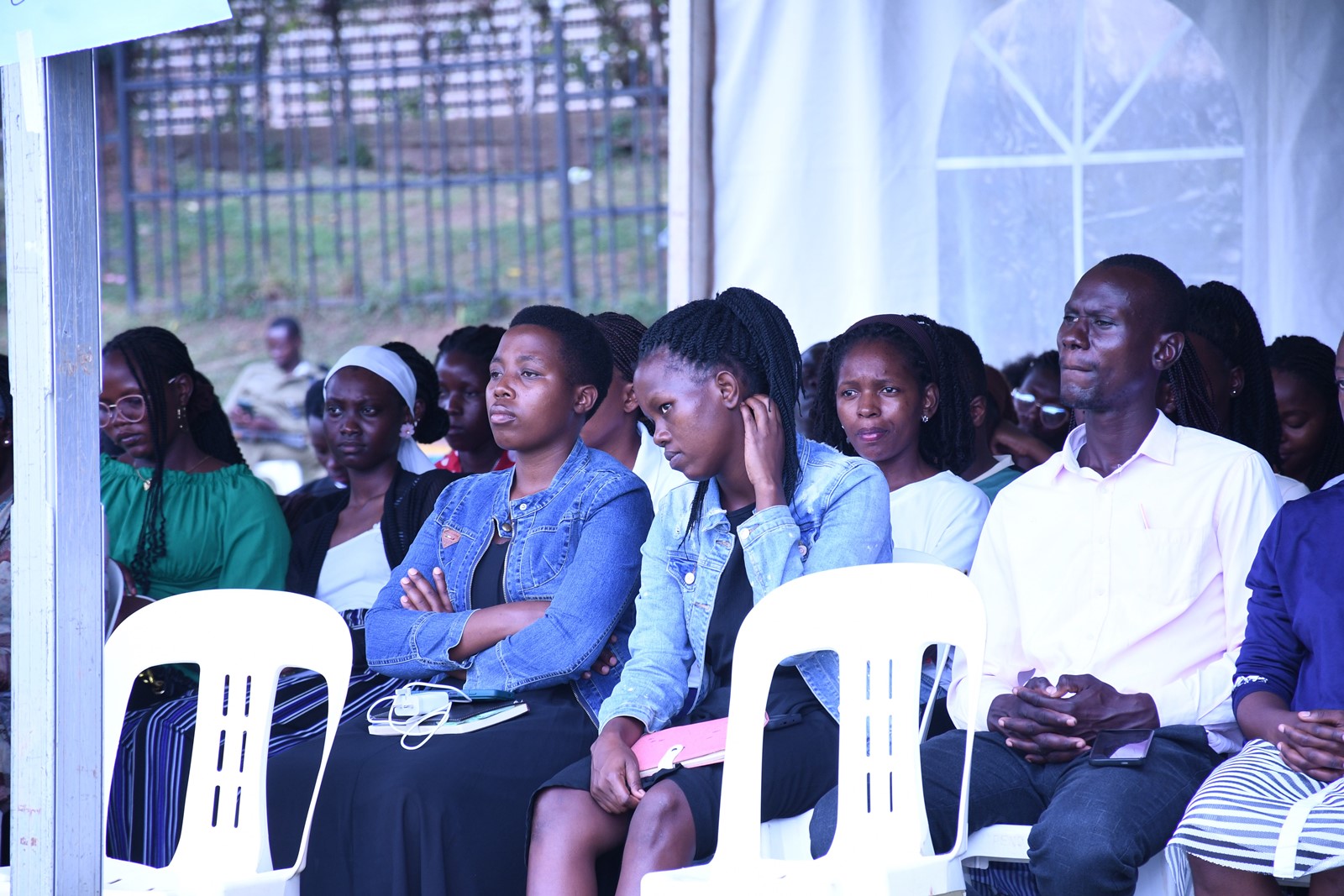Johns Hopkins, Makerere, and MUST Collaborate on AI Technology to Speed Up Breast Cancer Diagnosis in Uganda

Breast cancer remains a global health crisis, with the World Health Organization (2022) reporting over 2.3 million new cases annually and nearly 670,000 deaths. In Uganda, the disease ranks among the leading cancers affecting women, but late-stage diagnosis remains common due to limited access to diagnostic services, most of which are centralized at the Uganda Cancer Institute (UCI) in Kampala.
With more than 72% of Uganda’s population living in rural areas, women often travel long distances for care, only to face further delays of one to six months while samples are transported to central laboratories. This lag significantly affects timely treatment and survival outcomes.
Introducing Ekyaalo Diagnostics
To address these gaps, Johns Hopkins University, in partnership with Makerere University and Mbarara University of Science and Technology (MUST), is advancing innovative solutions that apply artificial intelligence (AI) and low-cost technologies for early cancer detection.
One of the flagship projects, Ekyaalo Diagnostics, is a portable AI-powered whole-slide scanner (WSS) designed to digitize cytology samples at Health Centre IVs and General Hospitals. Once digitized, the images are transmitted securely to pathologists at referral centers for rapid review, eliminating the need to physically transport samples to Kampala.
This technology has the potential to cut diagnostic turnaround times from months to just days, dramatically improving the chances of early treatment and survival for patients.
Field Learning Tour
In July, the Centre for Maternal, Newborn, and Child Health Research at Makerere University School of Public Health, led by Associate Professor Peter Waiswa, hosted graduate biomedical engineers from Johns Hopkins’ Center for Bioengineering Innovation and Design (CBID).
The visiting team conducted a learning tour at the Ministry of Health, UCI, and regional cancer centers, gathering feedback on Ekyaalo Diagnostics and assessing the innovation ecosystem around cancer care.
Building Local Solutions
Beyond Ekyaalo Diagnostics, local research teams are also pioneering complementary innovations:
- At Makerere’s Department of Biomedical Engineering, researchers are developing artificial breast prototypes to educate women about breast cancer symptoms.
- At MUST, under Dr. William Waswa, teams are advancing PapsAI, a low-cost tool supporting automated whole-slide scanning for cervical cancer screening.
These projects align with the Ministry of Health’s National Cancer Control Plan (NCCP), which prioritizes prevention, early detection, and timely diagnosis.
Challenges Ahead
Despite promise, several barriers remain. Findings from the learning tour identified:
- Limited staffing — Many lower-level facilities lack trained laboratory personnel. Technologies must therefore be simple, user-friendly, and require minimal training.
- Equipment maintenance — Past medical innovations have failed due to frequent breakdowns. New tools must be durable, affordable, and resistant to system crashes.
- High operational costs — Sustainability requires cost-effective solutions that integrate seamlessly into Uganda’s health system.
Looking Forward
Field learning tours have already been conducted in Mulago, Jinja, Mbarara, and Fort Portal Regional Referral Hospitals, with input from clinicians, technologists, and innovators.
Special thanks were extended to the partners involved, including CBID at Johns Hopkins, Makerere University’s Centre for Maternal, Newborn, and Child Health Research, MUST, Mulago Pathology Department, UCI, and the regional hospitals for their technical contributions.
With continued collaboration and adaptation to Uganda’s context, AI-powered technologies such as Ekyaalo Diagnostics could mark a turning point in the country’s fight against breast and cervical cancer, bringing life-saving diagnosis closer to the communities that need it most.
What's Your Reaction?
 Like
0
Like
0
 Dislike
0
Dislike
0
 Love
0
Love
0
 Funny
0
Funny
0
 Angry
0
Angry
0
 Sad
0
Sad
0
 Wow
0
Wow
0



























































